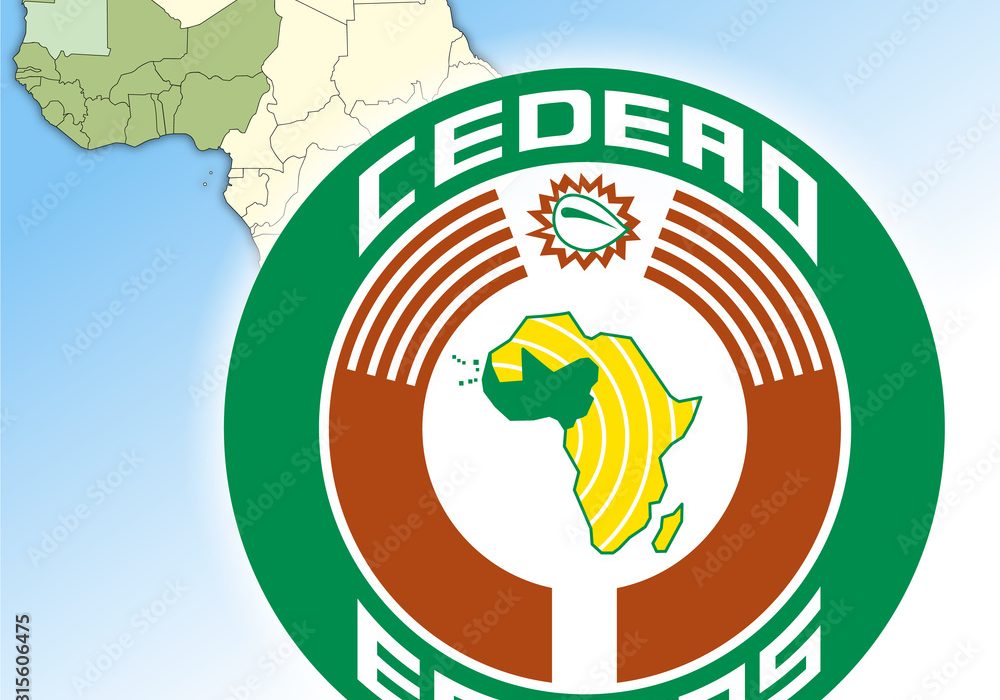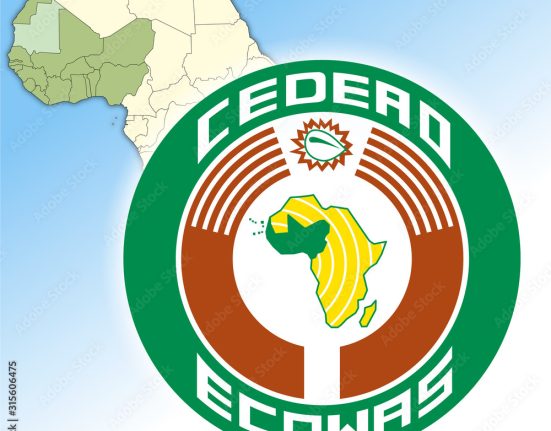In just a few weeks, the Economic Community of West African States (ECOWAS) will celebrate its 50th anniversary, marking five decades since its establishment through the historic Treaty of Lagos on May 28, 1975. The regional bloc, founded with the vision of fostering economic integration and collective self-sufficiency, has faced significant milestones and setbacks over the years. Nigeria, as the largest economy and a founding member, has remained a dominant force within ECOWAS, playing a crucial role in its evolution.
Economic and Political Challenges Despite its longevity, ECOWAS has struggled to achieve full economic integration, with key objectives such as a unified trade bloc and a single currency still unfulfilled. Many member states continue to grapple with economic instability. Nigeria, the region’s economic powerhouse, is battling a severe cost-of-living crisis, while Ghana faces persistent financial turbulence. Among West African nations, only Ivory Coast has demonstrated notable economic growth in recent years.
The dream of a single regional currency, the Eco, which was meant to simplify trade and strengthen economic ties among member states, remains elusive due to policy differences, weak macroeconomic convergence, and the reluctance of stronger economies to fully commit.
Beyond economic concerns, political instability has further complicated ECOWAS’ mission. Military takeovers in Mali, Burkina Faso, and Niger have led to the withdrawal of these nations from the bloc, citing concerns over external interference in their governance. More recently, the government of Guinea-Bissau expelled an ECOWAS delegation attempting to mediate its internal crisis, underlining the growing tensions between the bloc and some of its members.
Additionally, external geopolitical influences, including Russia and Western powers, have played a significant role in deepening divisions within the region. With the exit of the three Sahel nations, ECOWAS’ membership has dropped from 15 to 12, now comprising Nigeria, Ivory Coast, Benin, Togo, Ghana, Guinea, Guinea-Bissau, Senegal, Liberia, Sierra Leone, Cape Verde, and The Gambia.
The Way Forward: Strengthening Unity and Economic Growth To prevent further disintegration, ECOWAS must intensify diplomatic efforts to rebuild trust among member states and reintegrate the departed nations through dialogue rather than coercion. Nigeria, as a regional leader, should spearhead these high-level engagements to restore confidence in the bloc’s ability to mediate crises effectively.
Equally important is the commitment of member states to genuine democratic governance. The frequent suppression of opposition voices, electoral manipulations, and lack of transparency in governance have created conditions that invite military interventions. Strengthening institutions, ensuring credible elections, and upholding the rule of law will be essential in maintaining regional stability and preventing further coups.
On the economic front, the push for a single currency must be revisited with renewed commitment. A common currency would greatly facilitate trade and economic cooperation, reducing reliance on foreign currencies such as the U.S. dollar and the euro. Additionally, policies aimed at streamlining intra-regional trade and removing bureaucratic bottlenecks hindering the movement of goods and services should be prioritized.
Notable Achievements Despite Challenges Despite these hurdles, ECOWAS has recorded some commendable successes. One of its most notable interventions came in 2017 when it played a decisive role in forcing former Gambian President Yahya Jammeh to step down after he refused to accept election results. A military coalition led by Nigeria and Senegal ensured a peaceful transfer of power.
ECOWAS has also been instrumental in peacekeeping efforts in Liberia, Sierra Leone, and Ivory Coast, contributing to stability in regions that have faced prolonged conflicts.
A Call for Renewed Commitment As ECOWAS marks its golden jubilee, it stands at a critical crossroads. The bloc must choose between fragmentation and unity, between stagnation and deeper integration. With Nigeria leading the charge, there is an urgent need for renewed commitment to the ideals of economic cooperation, political stability, and collective progress.
West Africa’s future depends on a stronger, more effective ECOWAS that prioritizes the well-being of its citizens over political and economic divisions. The time for renewal is now.

